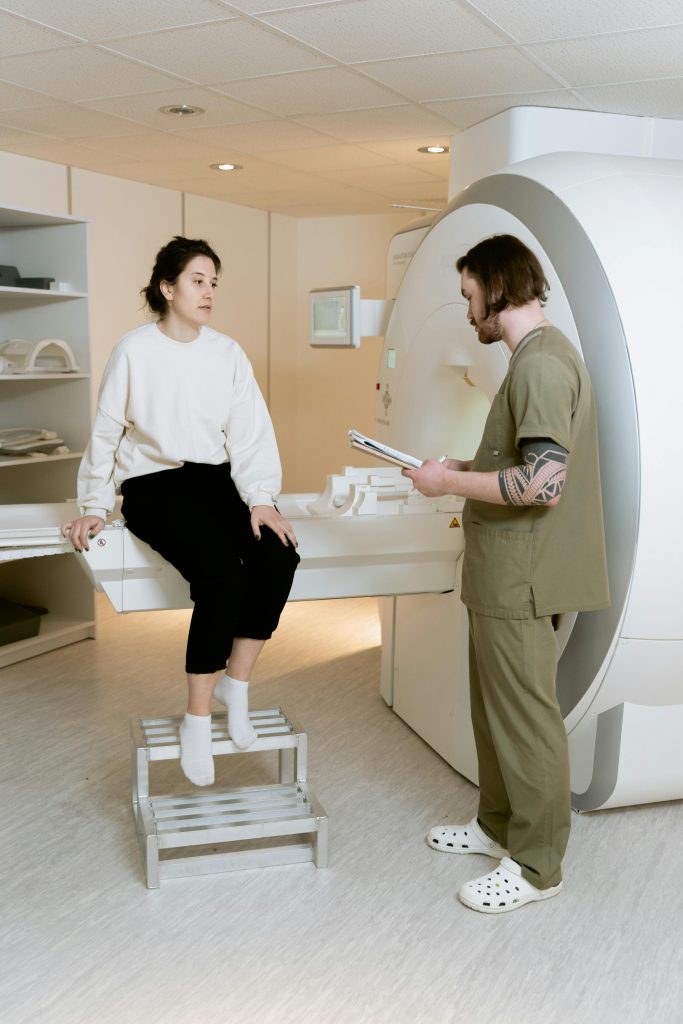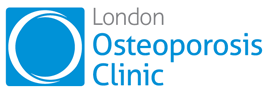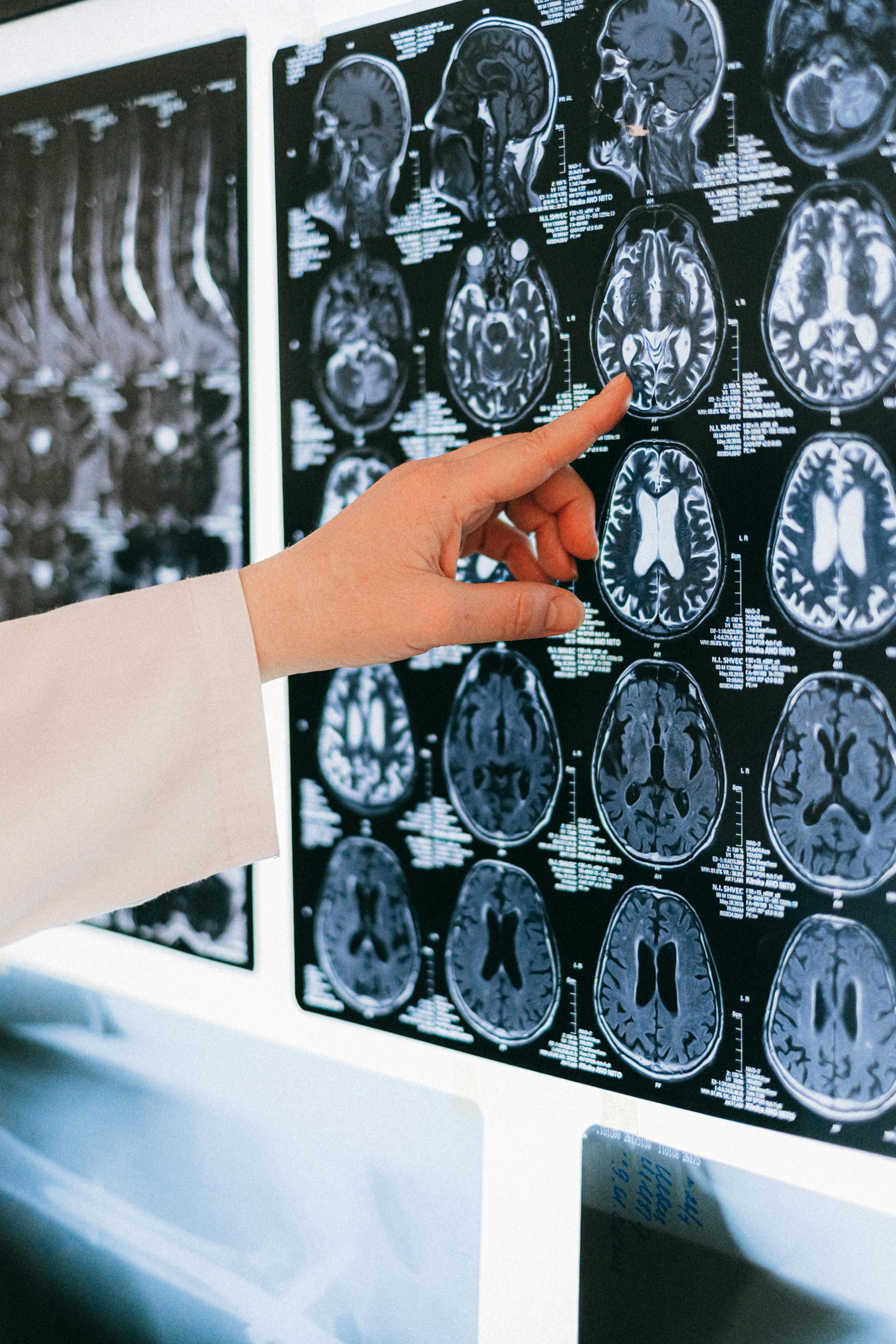A recent study published in JAMA Internal Medicine has raised important concerns about the potential long-term cancer risks associated with CT scans. Researchers estimate that CT scans performed in 2023 alone could contribute to over 103,000 future cancer cases in the U.S., representing around 5% of all annual cancer diagnoses.
While CT scans remain a valuable diagnostic tool, especially in urgent or complex cases, these findings highlight the need for judicious use—balancing medical benefit against potential risk.

Key Study Findings
- Over 93 million CT scans were performed in the U.S. last year.
- Abdominal and pelvic CT scans carried the highest estimated cancer risk.
- Children and older adults are especially vulnerable to radiation effects.
- Safer imaging alternatives—such as MRI or ultrasound—are often available and should be considered where appropriate.
Why This Matters for Bone Health
At the London Osteoporosis Clinic, we regularly use imaging to assess bone health, detect fractures, and guide treatment. While CT scans can be invaluable for certain cases—such as evaluating complex fractures or surgical planning—they also involve ionising radiation. Repeated exposure over a lifetime can increase cumulative risk.
For osteoporosis patients, who may need multiple scans over the years, minimising unnecessary radiation is particularly important.
MRI: A Safer Alternative in Many Cases
MRI (Magnetic Resonance Imaging) uses powerful magnets and radio waves—not radiation—to create detailed images of bones, joints, and soft tissues. In many situations, an MRI can replace a CT scan, particularly for:
- Detecting fractures not seen on X-rays
- Assessing spinal bone health
- Investigating joint and soft tissue issues alongside bone problems
Our Approach at the London Osteoporosis Clinic
We believe in:
- Patient-centred imaging decisions – balancing diagnostic accuracy with safety.
- Radiation-sparing strategies – prioritising MRI or ultrasound where possible.
- Long-term health focus – avoiding unnecessary exposure that could impact future wellbeing.
- Informed choice – ensuring our patients understand the risks, benefits, and alternatives.
Takeaway Message
If your doctor recommends a CT scan, ask:
- Is there a lower-radiation or radiation-free alternative (like MRI or ultrasound)?
- How will this scan change my treatment or management?
- Have I had multiple CT scans in recent years?
Being informed and involved in these decisions helps protect both your bone health and your overall health for years to come.
For more information on safe imaging, bone health, and personalised osteoporosis care, visit www.londonosteoporosisclinic.com.


